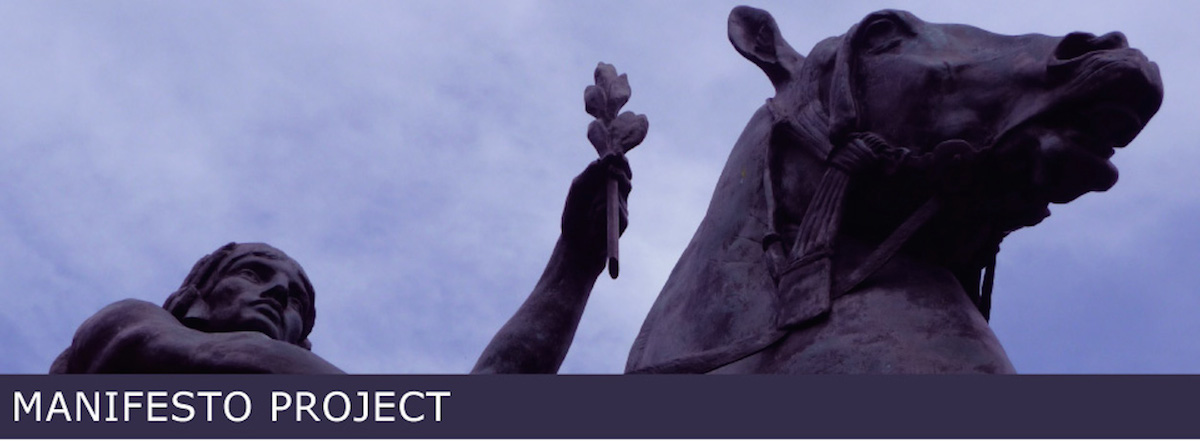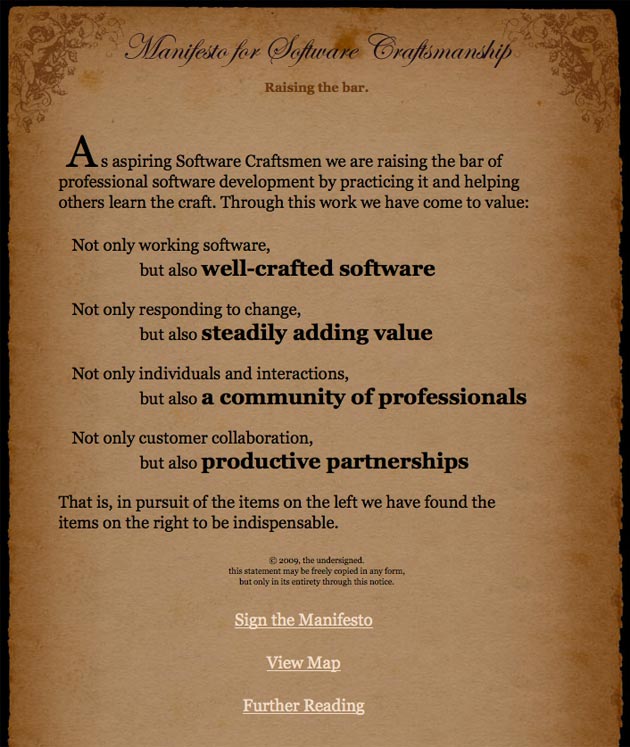1. Social Media Is The World’s Biggest Conversation
We all have a voice and every business that wants to participate in the Social Media conversation needs to respect that voice. As well as creating content, ask questions, make comments, join groups, pages and causes and participate in them. Some of the greatest value will be created on other’s “sites”.
2. Social Media Is The Great Equaliser
The corner store is on level pegging with the biggest of big-box retailers. The brands that will win are the ones that create the most compelling conversations.
3. People Are Here for Connection
People want to connect with friends, further their interests, support causes, get valuable information and share their ideas. You need to be thinking about what those people want to talk about, not what you want to tell them.
4. Social Media is Fundamentally Social – Share Experiences
People love stories. They engage with their emotions before their intellect. If you want to engage with people tell them stories that move them. Like the time when…
5. Social Media is highly personal
Because people create their own content, they have a strong sense of ownership over it. People put very personal details on Social Media and you need to respect the pride that people take in that content.
6. Social Media is Totally Public
Of course Social Media is intensely public. Bad news travels at almost the speed of light… good news only slightly slower. Rumours, news, causes and public outrage can spread way too fast to control. Sometimes the best you can do is hold on for the ride.
7. You Need Friends Before You Need Them
The point at which a story about your company killing baby seals or destroying pristine rain-forests hits the “air-waves” is long past the time you can start to build a community of support. The time to start building your community is now. Nurture them. Give them value… and hopefully they will be there to support you in times of need.
8. Keep Social Media Real
Even when you are posting as a company, speak as one human being to another. Nothing sounds as bad in Social Media as corporatese. If something goes wrong, come out transparently, quickly and frankly. If something goes well, share the joy.
9. Find Your Crowd and Build A Circle of Trust
Make an effort to build your network every day. Connect to people who say things that are interesting, provocative or different. Support people who show initiative. Praise things that make people smile. The larger your grow your active network, the more leverage you have.
10. Be Highly Sharable – Give Them What They Value
In the end, people want content that is compelling to them. If you really know your audience then you can build a core of advocates and influencers who will amplify your message. The secret is to give them stuff to share that makes them look great to the people who matter to them.
10. Tune In
Use all the tools at your disposal to listen to the conversations that are going on around you between the people in your network. If you know what matters to them, then you can put yourself at the centre of conversations that are truly engaging.
11. Back to Conversations
Social Media is not a one-shot tool. If you are able to build a great network and seed compelling conversations, then the real value is in sustaining and deepening those conversations. The more you can keep people talking the great your level of engagement
12. Measure Social Media
Social Media is highly measurable. It’s important to work out what matters to you… friends, comments, shares, new revenue… and ensure that you track the figures.
And a Final Word… Number 0. Tell, Don’t Sell
This one is so screamingly obvious yet so routinely ignored… You are a business and you are there to make a profit, but Social Media is not a mobile bill-board. If you try to talk to peep about your latest special, your amazing new gizmo our your wonderful new course before you have built a relationship then you are missing the point. You need to earn the right to occasionally talk directly about things you want to sell by providing incredible value the vast majority of the time.









